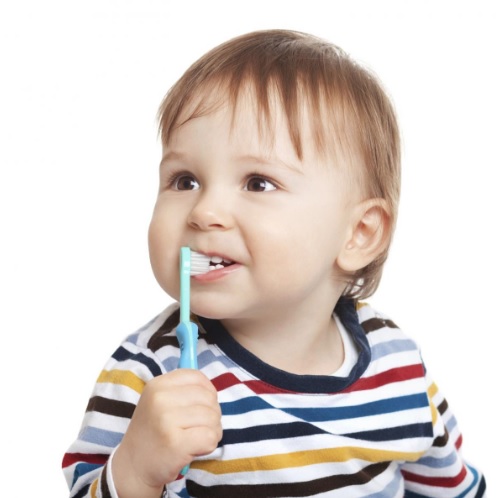As a parent, you want the best for your child’s health, and that includes their dental well-being. Proper baby teeth care is essential for your child’s oral development and overall health. In this article, we’ll explore the importance of baby teeth, when they start to appear, how to care for them, and tips for a healthy smile.
Why Baby Teeth Matter
Baby teeth, also known as primary teeth or deciduous teeth, serve several crucial functions:
- Chewing and Digestion: Baby teeth allow your child to chew food properly, aiding in digestion.
- Speech Development: They play a vital role in speech development, helping your child learn to pronounce words correctly.
- Space Holders: Baby teeth reserve space for permanent teeth to grow correctly. Premature loss of primary teeth can lead to alignment issues.
- Confidence and Appearance: Healthy teeth contribute to your child’s confidence and overall appearance.

When Do Baby Teeth Start to Emerge?
Baby teeth usually start appearing between six and ten months of age, although this timeline can vary. The first teeth to emerge are typically the lower central incisors, followed by the upper central incisors.
By the age of three, most children have a full set of 20 primary teeth. These teeth will eventually fall out as permanent teeth replace them, usually starting around the age of six.
How to Care for Baby Teeth
Caring for your child’s baby teeth is crucial for their oral health and sets the foundation for a lifetime of healthy teeth and gums:
- Clean Gums: Even before teeth emerge, gently clean your baby’s gums with a clean, damp cloth or a soft baby toothbrush.
- Start Brushing: As soon as the first tooth appears, start brushing it with a small, soft-bristle toothbrush and a smear of fluoride toothpaste (no larger than a grain of rice).
- Supervise Brushing: Assist your child with brushing until they can do it effectively on their own, typically around the age of 6 or 7.
- Limit Sugar: Reduce sugary foods and drinks in your child’s diet. Avoid putting your baby to bed with a bottle containing sugary liquids, as it can lead to tooth decay.
- Regular Dental Checkups: Schedule your child’s first dental appointment by their first birthday. Regular checkups are essential for preventive care and early detection of any dental issues.
Common Dental Concerns in Babies
Several dental concerns can arise during infancy and early childhood:
- Baby Bottle Tooth Decay: This condition occurs when sugary liquids like formula, juice, or milk pool around the teeth. To prevent it, avoid putting your baby to bed with a bottle containing these liquids.
- Teething Discomfort: Teething can be uncomfortable for babies. Offer age-appropriate teething toys and consider using a clean, cold, wet cloth to soothe sore gums.
- Thumb-Sucking: Prolonged thumb-sucking or pacifier use can affect tooth alignment. It’s essential to address these habits as your child grows.
- Injuries: Falls or accidents can lead to dental injuries. If your child damages a tooth, seek immediate dental care.

Teaching Good Oral Hygiene Habits
As your child grows, it’s crucial to teach them good oral hygiene habits, including:
- Brushing at least twice a day.
- Using fluoride toothpaste in the appropriate amount.
- Flossing daily (with supervision until they can do it independently).
- Eating a balanced diet with limited sugary snacks and drinks.
- Visiting the dentist regularly for checkups and cleanings.
In conclusion, proper baby teeth care is essential for your child’s overall health and well-being. By starting good oral hygiene practices early, monitoring your child’s dental development, and seeking professional dental care when needed, you can help your child enjoy a lifetime of healthy and beautiful smiles.
